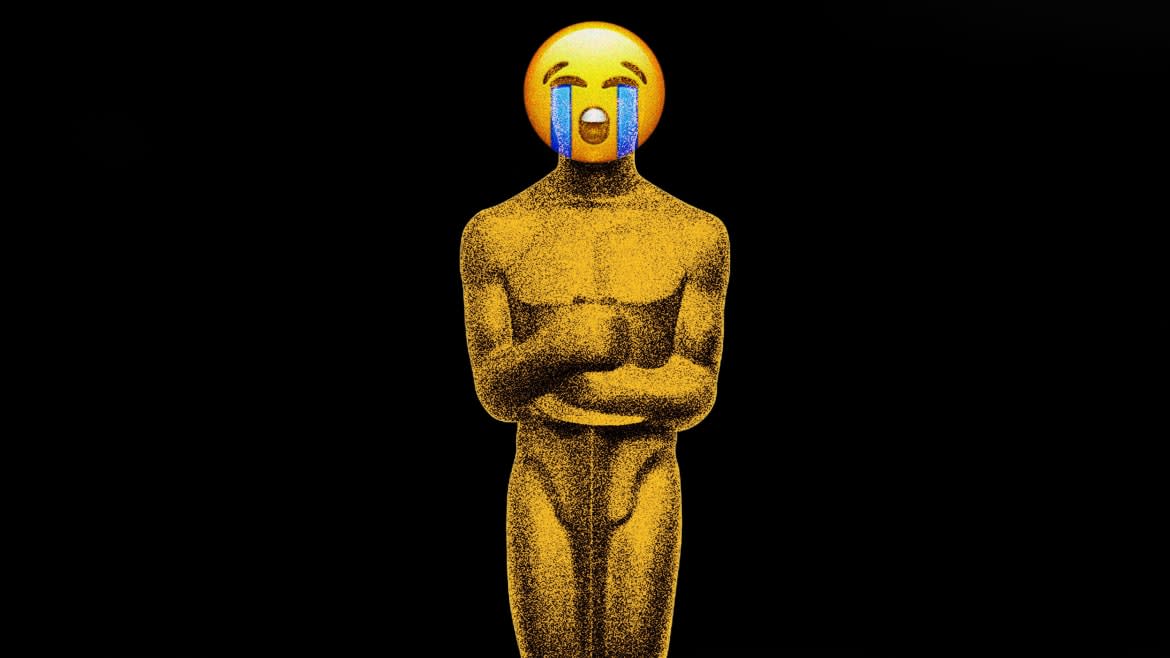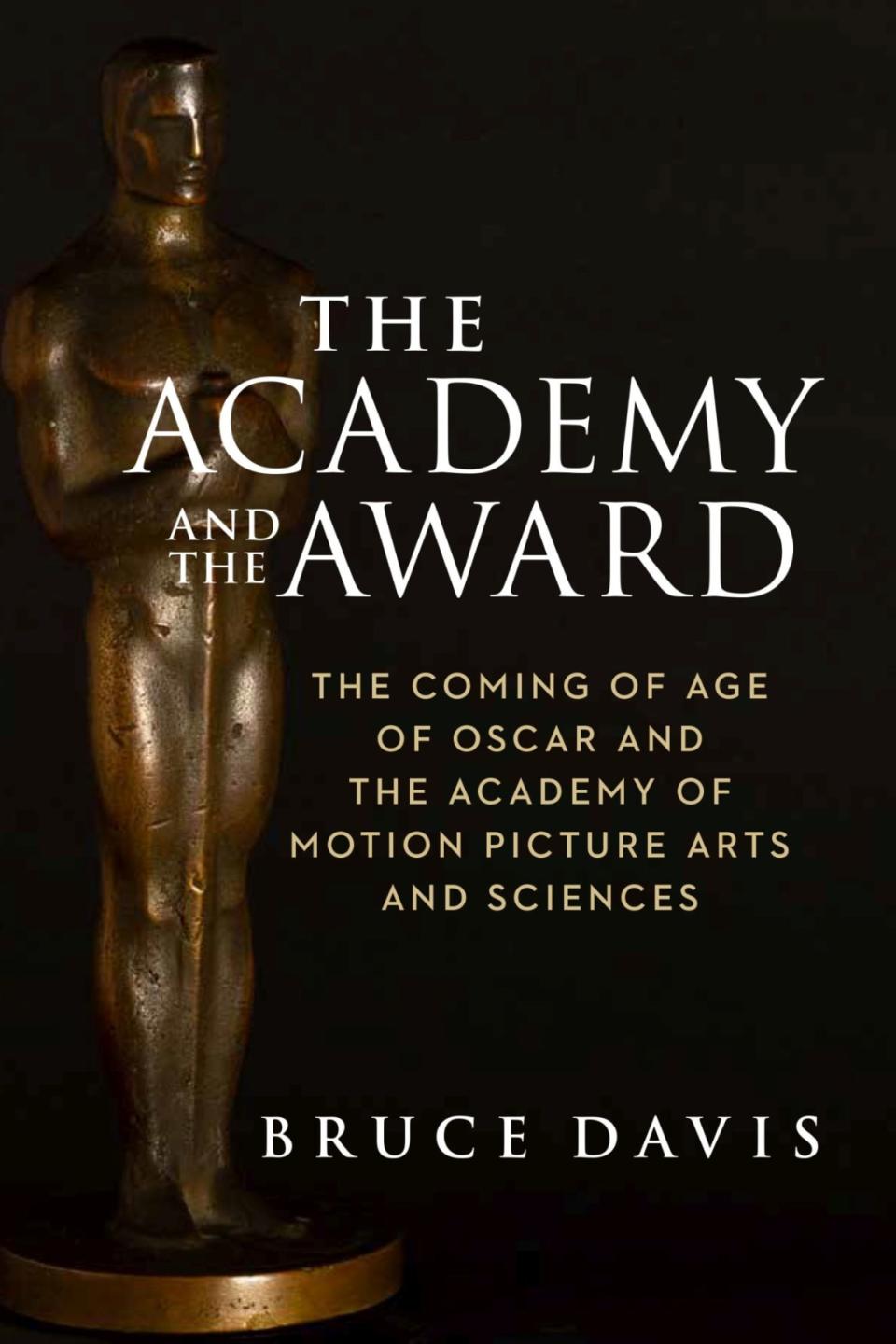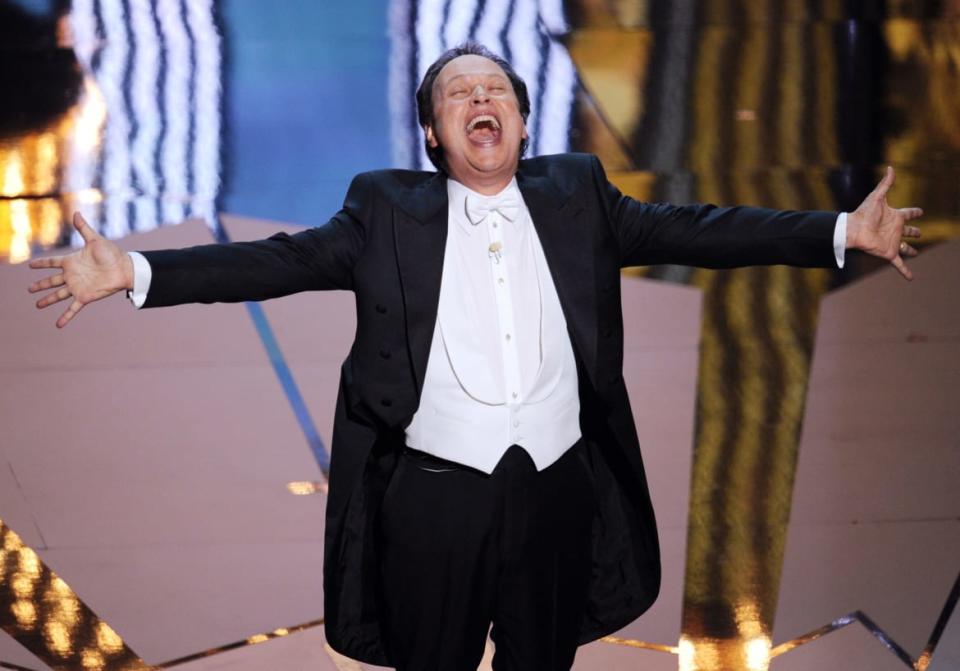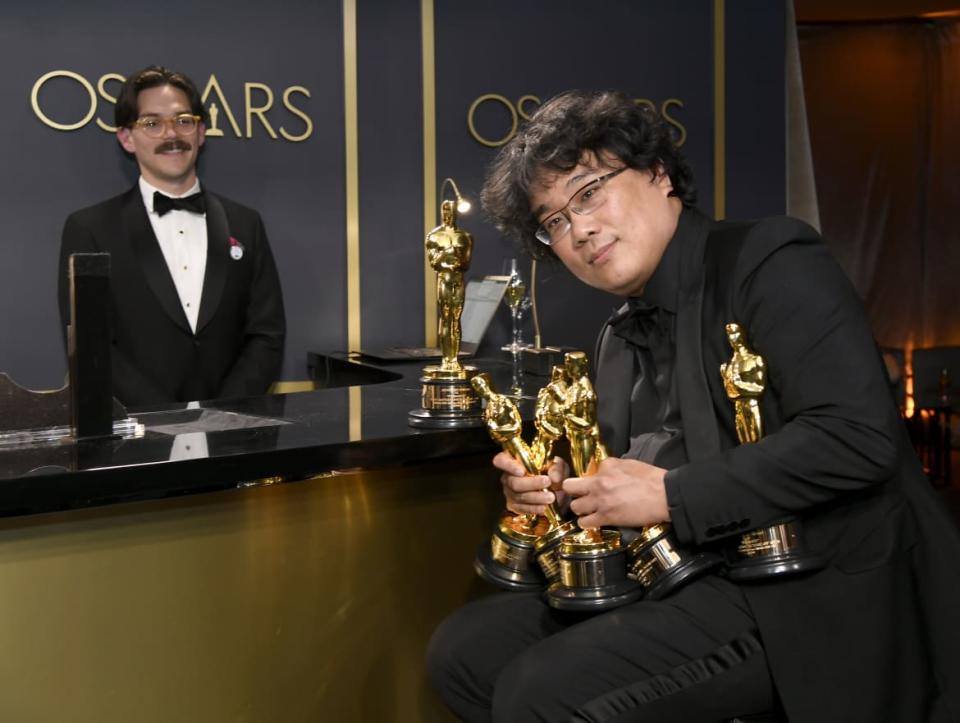A Former Academy Exec on Why the Oscars Might Be Doomed

After serving as executive director of the Academy for over 20 years, Bruce Davis has penned the definitive history of the Academy Awards, from their awkward inception to the present. Davis was granted unprecedented access to the Academy archives for this compelling read about the way the Oscars work. Here, in the epilogue to his book The Academy and the Award: The Coming of Age of Oscar and the Academy of Motion Pictures Arts and Sciences, he writes about the future of the Academy Awards.
On May 11, 1977, exactly fifty years after its Organizational Banquet, the Academy returned to the Biltmore’s Crystal Ballroom for a luncheon to mark the anniversary. President Walter Mirisch presided, Bob Hope emceed, and a spirited party of celebrants assembled. A dozen attendees who had signed on with the Academy half a century earlier were among the group, and they went home having been declared Life Members of the organization.
The Academy Awards were well established as a brilliant international phenomenon by then, their outcomes breathlessly anticipated by vast television audiences that annually drove their ratings into the stratosphere. Although the network license fees were well short of what the Academy’s second half century would bring, the one-day-a-year windfall had already relieved the organization of any really pressing financial concerns, and those twelve longtime members may have been the only people at the party who looked at the lustrous Academy and thought back to a time when the organization had been forced to fight its way through hardscrabble beginnings.
ORDER ‘THE ACADEMY AND THE AWARD’ HERE

The actual 50th ceremonies weren’t held until almost a year later, on April 3, 1975, and were seen by a plump domestic audience of forty-eight million viewers. In the quarter century between that show and the 75th Awards, broadcast in 2003, the audience size averaged more than forty-four million souls. I was around by then, and although some of us on the staff would make genteel bets about whether a given year’s contest would put us over or under forty million, there was a close-to-smug assurance that Oscar could always be counted on to deliver an audience number in that ballpark.
All network programming was beginning to slip, though, beginning a descent that would soon produce today’s universe of programs rated in the single digits, and below that. The Academy numbers slid as well, but for a while there were enough good-news years to stave off anything like panic. In 2005 the Academy’s forty-two million viewers were five million more than the audiences of the Emmys, Grammys, and Tonys combined.
But the good times did not continue to roll. After 2014, the last of the lush years, Academy Awards viewing totals began stair-stepping down. In 2018 the total dove under thirty million for the first time, and the COVID-19–plagued ceremonies of 2021 attracted an ignominious turnout of just ten million. For the first time since the 1930s, there were reasons to ask whether the Oscars could continue.
And there was an even more fundamental question: having been chased from the theaters by the plague, how much of the theatrical audience would ever return? Were the movies themselves fading out?
A number of explanations have been offered for the declining Awards viewership, chief among them the Oscar’s last-place position—a position not easily shifted—in each year’s long parade of film award shows. There are limits to how often even frequent moviegoers can be roused into excitement over people in gowns and tuxes receiving awards for the same pictures. And despite the binge-watching phenomenon, there is evidence that viewers are resisting signing on for any three-and-a-half-hour experience that doesn’t involve linebackers.

Host Billy Crystal performs onstage during the 84th Annual Academy Awards held at the Hollywood & Highland Center on February 26, 2012, in Hollywood, California.
The more important factor in the dwindling of the Academy Awards viewership is that the Academy has been hurting itself by doing its job: honoring the best movies each year. “Best” is famously a matter of taste, but most observers would agree that it doesn’t mean “most successful financially.” If box office is the criterion, we don’t need an Academy to do the selecting; we’ll just count dollars, not ballots, and hand the prize to the picture with the heftiest take.
There was a time when it was common for serious film critics to snort at the Academy’s tendency to embrace popular successes. (Even today there are a few big-city reviewers who would be mortified to find that their end-of-year picks overlapped with the Academy’s by more than a title or two.) But the fact is that over the past twenty-five years or so, there has been a widening gap between the lists of the years’ top grossers and the Academy’s Best Picture nominees.
For most of the Academy’s early years, the films that had sold the most tickets tended to find their way onto the Nominations lists, but there was nothing like a guarantee that the highest grossing picture would be anointed the Best one. That has only happened seventeen times in the Academy’s history. Gone with the Wind pulled it off, of course, and The Bridge on the River Kwai and Ben-Hur did it again in the 1950s. There was a cluster of Best Picture musicals that topped the box office in the 1960s—West Side Story, My Fair Lady, and The Sound of Music—and it happened again four times in the 1970s (The Godfather, The Sting, Rocky, and Kramer vs. Kramer).
And then it pretty much stopped. Rain Man was the only film to turn the trick in the 1980s, Titanic the only one in the 1990s, and no Best Picture has ever led a year’s box office totals since the third Lord of the Rings installment in 2003.
In most of those twentieth-century years, the top grosser—along with several of the runners-up in the financial contests—was at least a Best Picture nominee. The Academy’s horse race was full of contenders that the wide public was well aware of, and often had seen and possibly developed a rooting interest in.
Over recent years the top box office lists and the lists of Best Picture nominees have steadily diverged. The financial blockbusters tend to be action movies that may compete for awards in the Academy’s technical categories but are not as interesting to many of its voters in terms of their writing, acting, or overall artistry. The trend in recent years has increasingly seen the Academy fill its Best Picture slots with well-made films that are serious, issue-oriented, and sometimes a little grim. We have moved leagues away from The Sound of Music. The large segment of the potential audience that prefers its movies noisy, flashy, and undemanding—or heartwarming and reassuring—sees little reason to try watching a Parasite or a Nomadland, and perhaps sees decreasing reasons to tune into an awards show that celebrates movies they either haven’t seen or that they saw and were baffled by.

Bong Joon-ho, winner of the Best Picture, Director, Original Screenplay, and International Feature Film awards for Parasite, attends the 92nd Annual Academy Awards Governors Ball at Hollywood and Highland on February 09, 2020, in Hollywood, California.
I’m not sure I see a way to reestablish the Academy Awards as an experience for a wide swath of the country’s, or the world’s, population. It isn’t hard to see the Oscars on a track to becoming something like the National Book Awards with way more glamorous presenters. Their appeal could become limited to a far smaller audience with a serious interest in the arts. That would make them considerably less interesting to television networks as well, should broadcast networks continue to exist (which is looking iffy). Budgetary concerns would return to the Academy with a vengeance.
In 468 BCE a youngish Sophocles beat out the veteran Aeschylus for the Best Tragedy award in their first toe-to-toe competition at the theater of Dionysius. The Athenian citizens derived enormous pride and amusement from their spring rites, and held the writers and performers of their plays as responsible in very real ways for the civic health of the polis. No one carped that it was frivolous or unbecoming to ask artists to compete with each other for honors. Athens kept its celebrations of the arts going for several hundred years.
The Academy is closing in on its first hundred years. I’d like to see someone write a book about the second fifty years of Oscar’s history, in part because it will mean that the Academy’s great, dicey enterprise has somehow solved its current problems and survived. It will also mean that the theatrical motion picture has pulled through its current rough patch, and that the art of the film is still worth taking a thoughtful look at every spring.
Get the Daily Beast's biggest scoops and scandals delivered right to your inbox. Sign up now.
Stay informed and gain unlimited access to the Daily Beast's unmatched reporting. Subscribe now.

